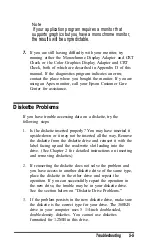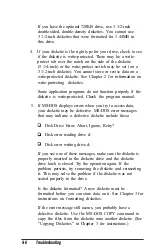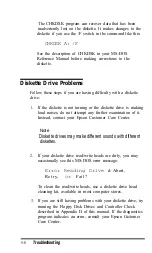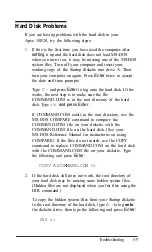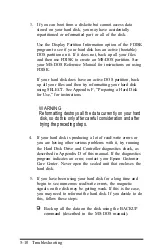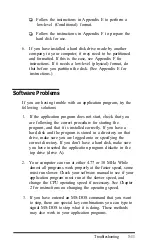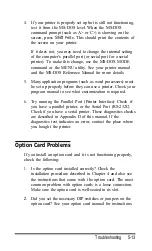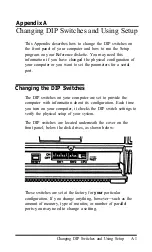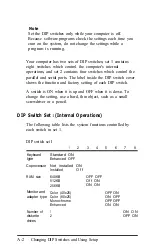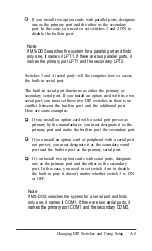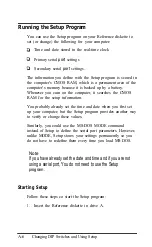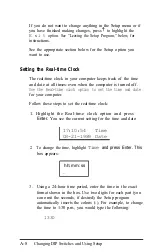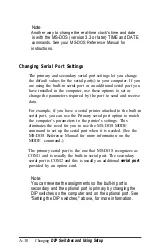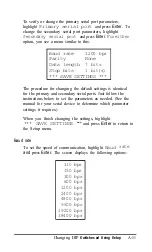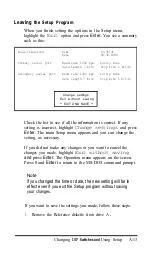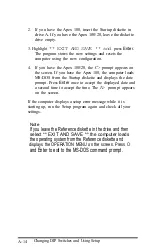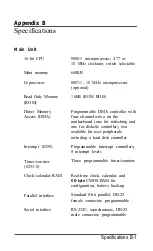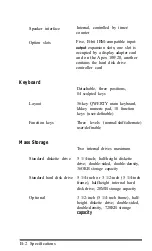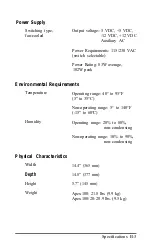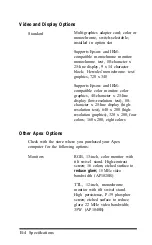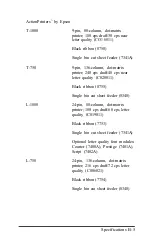
If you install two option cards with parallel ports, designate
one as the primary port and the other as the secondary
port. In this ease, you need co set switches 1 and 2 ON to
disable the built-in port.
Note
If MS-DOS searches the system for a parallel port and finds
only one, it names it LPT1. If there are two parallel ports, it
names the primary port LPT1 and the secondary LPT2.
Switches 3 and 4 (serial port)—tell the computer how co access
the built-in serial port.
The built-in serial port functions as either the primary or
secondary serial port. If you install an option card with its own
serial port, you must set these two DIP switches so there is no
conflict between the built-in port and the additional port.
Here are some examples:
If you install an option card with a serial port pre-set as
primary by the manufacturer, you must designate it as the
primary port and make the built-in port the secondary port.
If you install an option card or peripheral with a serial port
not pre-set, you must designate it as the secondary serial
port and the built-in port as the primary serial port.
If you install two option cards with serial ports, designate
one as the primary port and the other as the secondary
port. In this ease, you need to set switch 4 on to disable
the built-in port; it doesn’t matter whether switch 3 is ON
or OFF.
Note
If MS-DOS searches the system for a serial port and finds
only one, it names it COM1. If there are two serial ports, it
names the primary port COM1 and the secondary COM2.
Changing DIP Switches and Using Setup
A-5

